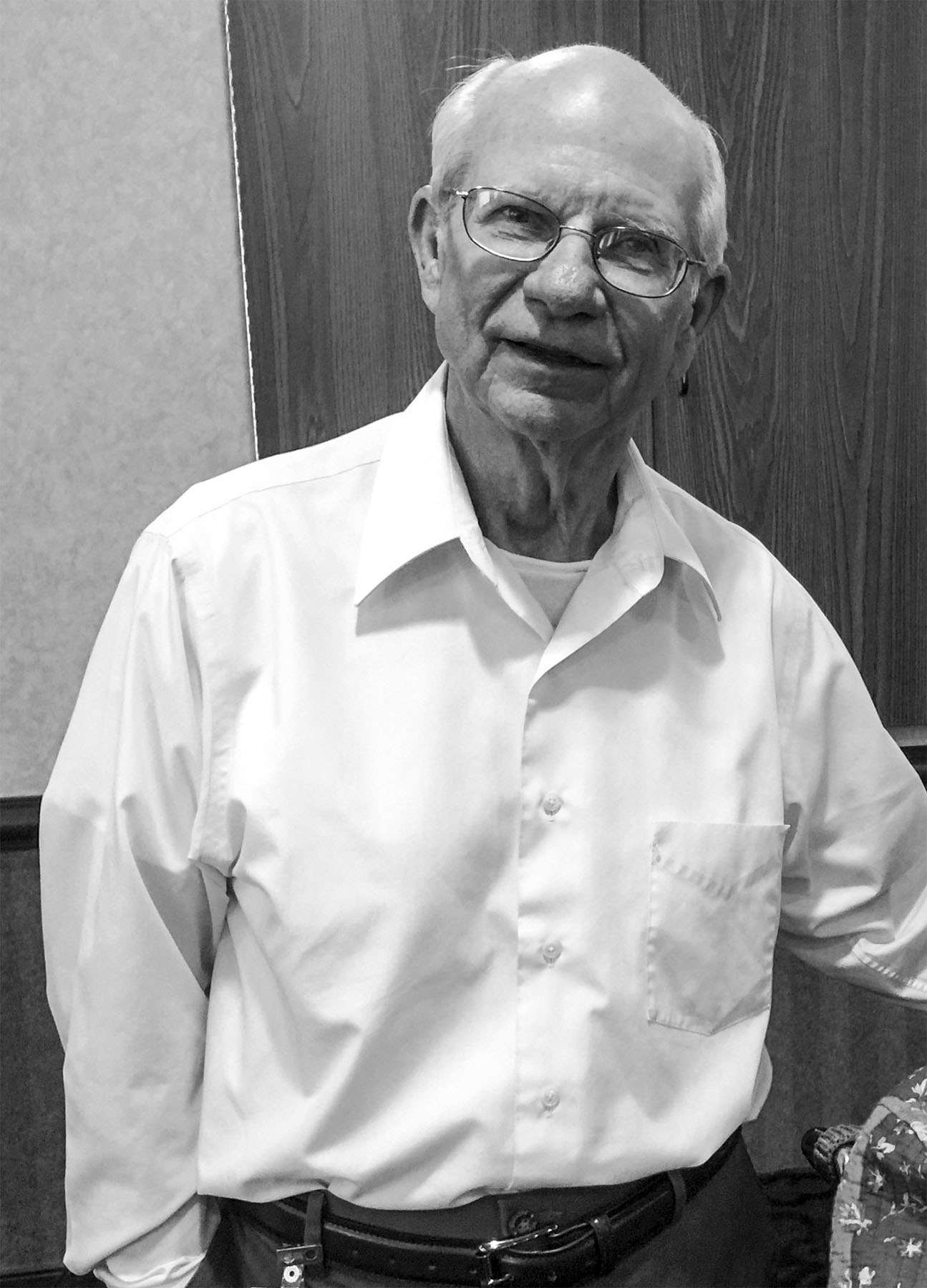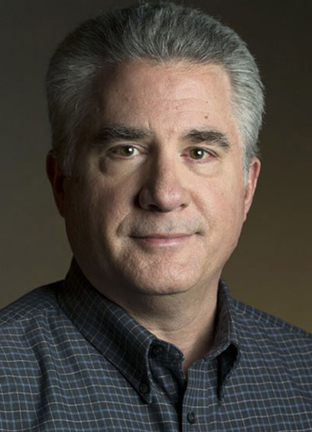
RICHMOND, Va. (BP) — How can God use one faithful life to change the world?
Consider Jim Slack, 77.
He retired from the International Mission Board in June after 50 years as a missionary, missiologist, strategist, researcher, ethnographer, teacher — and passionate advocate for unreached peoples, especially oral learners who need God’s Word in forms they can understand.
Slack can see out of only one eye these days, but his global vision remains crystal clear. He’s been at the center of several movements that revolutionized modern missions. And he’s not through yet. He has multiple projects in the works, from investigating potential church-planting movements to guiding missions-related dissertations by seminary students.
“Whatever physically I can do, I want to do,” Slack explained in his trademark Louisiana rasp. “I don’t want to just sit around and look at the wall.”
Not much chance of that. Never has been.
 Slack was a bright young college grad on the way to law school when a summer of ministry in Hawaii — still considered by many a “foreign mission field” in those days — captured his heart and mind for missions. He returned home to tell Mary, his wife-to-be, that life plans had changed. She happily informed him that she had surrendered her life to serving God in missions years earlier.
Slack was a bright young college grad on the way to law school when a summer of ministry in Hawaii — still considered by many a “foreign mission field” in those days — captured his heart and mind for missions. He returned home to tell Mary, his wife-to-be, that life plans had changed. She happily informed him that she had surrendered her life to serving God in missions years earlier.
Before they went to the Philippines as Southern Baptist missionaries in 1964, however, Slack worked as a researcher with the Billy Graham Evangelistic Association. Graham was helping lay the foundations of what would become the Lausanne Movement, which called the church to obey its biblical responsibility for world evangelization by making disciples among all peoples — the panta ta ethne Jesus Christ referred to in His Great Commission command in Matthew 28:19.
“Billy Graham said, ‘We have misunderstood the Great Commission,'” Slack recalled. “The Great Commission is: You shall make disciples of the panta ta ethne — the nations, the unreached people groups.”
Slack put that into practice as a church planter in the Philippines. He moved as soon as he could to Mindanao, where restive Muslims and tribal peoples had never heard the Gospel. He trained local believers to evangelize and start churches and participated in key research projects that challenged missionaries in the Philippines and elsewhere to move beyond the reached to the unreached.
While doing doctoral work in seminary early in his missionary career, he encountered a book about the global challenge of evangelizing people who can’t read. He devoured it in a single night and changed his whole approach to missions.
“I wish I’d had that book when I first went to the field,” Slack said. “Mindanao Muslims couldn’t read, didn’t want to read, weren’t going to read. And the tribal people in the mountains didn’t even have a written language.”
Missionary Bible translators were doing heroic work in many cultures. But what was the point of spending years translating the Bible into indigenous languages if people couldn’t, or wouldn’t, read it? Until they were willing and able to read, an alternate approach was needed to deliver God’s Word to the hundreds of millions of people around the world belonging to cultures that communicate orally.
Working with missionary colleague J.O. Terry and others, Slack helped develop Chronological Bible Storying — later shortened to Bible Storying — a simple, flexible, transferrable way to deliver the truths of the Bible to oral learners and make disciples among them.
It has become one of the most effective and widely used mission methods of the modern era, expanding beyond the original sets of teachable Bible stories to songs, drama, pictures, video, audio, webisodes and more. But in the early years, when Slack traveled the world teaching the method, it wasn’t an easy sell.
Slack and Terry came to West Africa several times to “introduce this weird new thing called Chronological Bible Storying,” remembered IMB staff member Roger Haun, then a missionary in the region. “We were kind of hardheaded about it. Even after our missionaries began to warm up to the idea, we were still having trouble with our West African brothers. … [Today, storying] is the main evangelistic tool now used all across West Africa. And there are literally tens of thousands of Africans who have heard the Gospel in a way they can understand — and many who have accepted Christ, and will be with us one day in heaven — because [Slack] came and introduced us to that concept.”
After 25 years on the field, Slack transitioned to IMB’s Global Research team during another revolutionary period. IMB mission strategists were exploring the emerging phenomenon of church-planting movements, the new concept of strategy-coordinator missionaries and the global urgency of reaching unreached peoples. Slack made vital contributions in these areas while continuing his campaign for Bible storying.
More recently, as IMB and the North American Mission Board partner to reach the waves of peoples immigrating to America, Slack has trained church leaders in some of the biggest U.S. urban centers to reach the unreached in their midst.
“Few men living have affected the shape of world missions like Jim Slack,” said Tom Billings, executive director of Union Baptist Association (more than 560 affiliated churches) in increasingly multiethnic Houston. “Of late, he has also focused on helping U.S. church leaders recognize the enormity of the Great Commission task in our own country and challenged us to think differently about what we must do to reach them.”
As America becomes more and more ethnically and socially diverse, Slack offers the same challenge to U.S. Christians that he’s been delivering to missionaries and the global church for decades.
“If we do not win the people groups here, we will not grow,” Slack said with tears in his eyes. “Friend, we’re going to die if we don’t obey the Great Commission.”
















